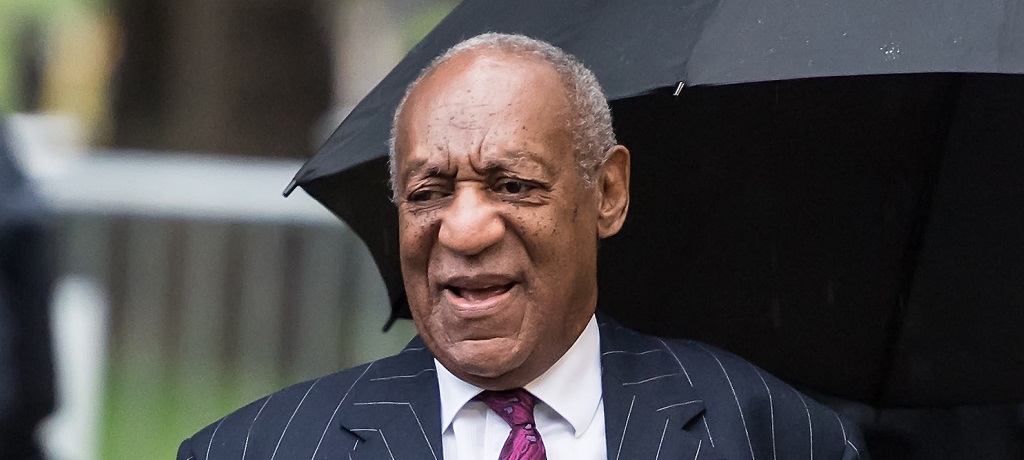Only one month ago, a judge denied parole to Bill Cosby after the disgraced TV star and comedian refused to engage in prison treatment programs while serving nearly three years in a Pennsylvania state prison. In a shocking legal twist, the Pennsylvania Supreme Court has now overturned his sexual assault conviction — a judge previously sentenced him for up to 10 years (for drugging and sexually assaulting Andrea Constand) while labeling him a “sexually violent predator” — on what’s essentially a procedural matter.
In other words, the overturned conviction doesn’t actually involve the substance of the sexual assault charges. It’s not an acquittal. The whole legal process got mucked up during the years-long saga of getting Cosby to his conviction. It’s akin to a defendant escaping prosecution on the grounds of double jeopardy (one can’t be prosecuted multiple times for the same offense in a criminal court), but not quite. The nearly 80-page verdict from the Pennsylvania Supreme Court wades through a lot of background, including Cosby’s 2017 mistrial, which followed his $3.3 million settlement to Constand and his 2005 admission that he’d drugged and raped Constand and other women.
So, how did the overturned conviction happen? Well, former prosecutor Bruce Castor (the same attorney who delivered a My Cousin Vinny-style speech at Trump’s second impeachment trial) made a “non-prosecution agreement” with Cosby. That is, he declined to file criminal charges while aiming to go for a civil case instead. Yet another prosecutor (who picked up the case in 2015) decided to go for it, mere days before the running of the statute of limitations, given that dozens of women came forward with Cosby allegations. Here’s the lowdown from The Philadelphia Inqurier:
The Pennsylvania Supreme Court has overturned Bill Cosby’s 2019 sexual assault conviction, ruling that a “non-prosecution agreement” with a previous prosecutor should have prevented him from being charged in the case… But Castor’s successors reopened the case and charged Cosby in 2015, just days before the 12-year statute of limitations expired and amid a barrage of new accusations from women across the country.
At the time, Castor objected to the new prosecution, saying he’d struck a deal with Cosby and his lawyers not to prosecute him for Constand’s assault if Cosby agreed to sit for a deposition in a civil case she had filed against him.
Cosby has, despite his (aforementioned) 2005 admission to drugging and raping multiple women, refused to express remorse or admit wrongdoing regarding his alleged actions. He even declared that he’d rather serve his entire sentence (which won’t be happening now, since he’ll be freed from prison) than make such an admission.
(Via PA Supreme Court, The Philadelphia Inquirer & CBS Pittburgh)

